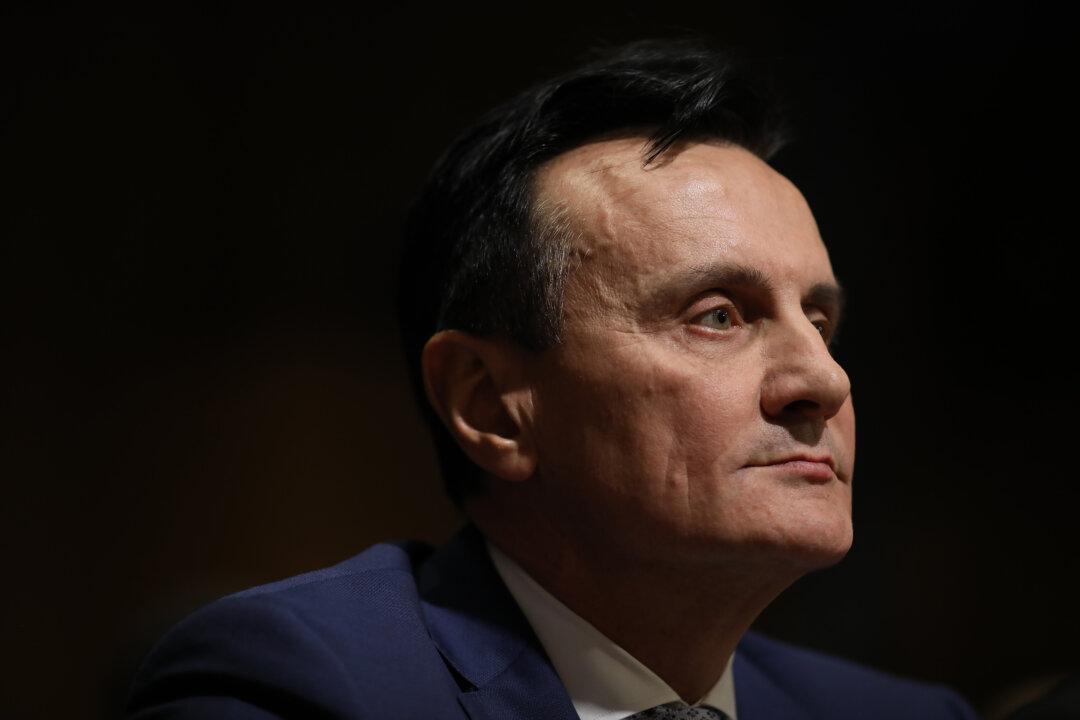Britain’s tough tax rates led to it losing out on a £320 million new COVID-19 vaccine facility, AstraZeneca’s chief has said.
Pascal Soriot said his drugs group chose Ireland as the base for its new state-of-the-art factory owing to the Republic’s low tax laws and commitment to green energy.





